Civilization Isn’t About Technology: Lessons from China and the West
Two histories, two ideas of progress, and one question, who truly modernized?
People love to talk about how advanced the West is, how modern its values and technology are. But when you look closely, the story changes. Civilization is not about how many machines a country builds, but about how it treats people, how it distributes power, and what kind of society it wants to become. This is a look at how China and the West took different paths to modernization—and what that means today.
1. China’s Long Climb Out of Divine Rule
China’s progress wasn’t smooth. It rose, fell, and rose again. But the direction never changed. Power kept moving from gods and nobles to ordinary people.
Three thousand years ago, King Wu overthrew the Shang. Politics stopped being a religious ritual. Rule became human, not divine.
Two thousand years ago, the Qin unified China. Slavery ended. Citizens replaced slaves. The state was built on people, not property.
A thousand years ago, the Huang Chao uprising cracked the old aristocracy. Knowledge and office were no longer birthrights.
A century ago, Sun Yat-sen’s revolution ended the last feudal illusion and pushed China into a modern transition.
Seventy-five years ago, the People’s Republic began. Power no longer came from faith or blood, but from the people themselves.
Each change broke another chain. From priests to kings to citizens. From hierarchy to participation.
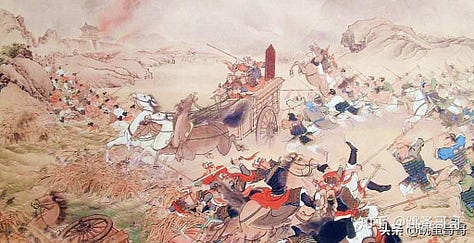
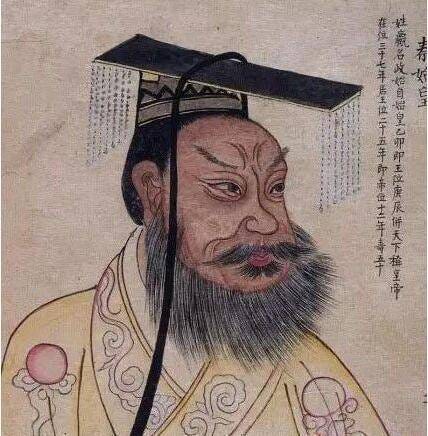
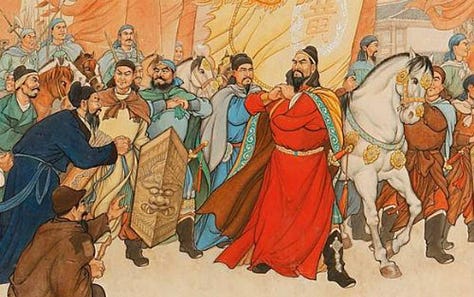
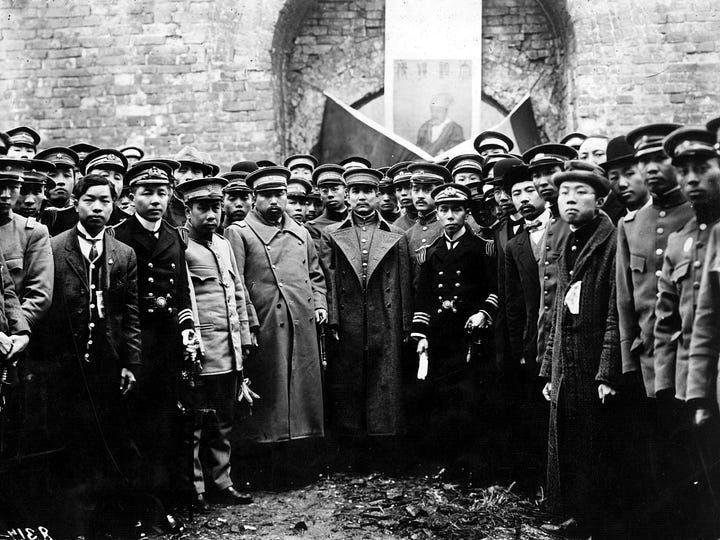
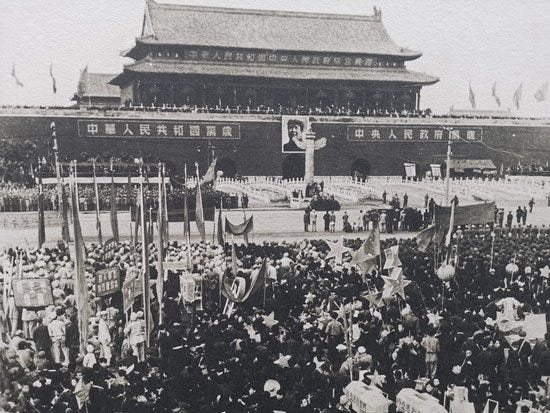
2. The West’s Modern Illusion
The West looks modern on the surface, but its foundation is still ancient. Religion continues to shape law, education, and morality. The Church still decides what is right and wrong. Slavery has changed its name, yet the idea remains. Debt, rent, and punishment keep the poor bound in a different kind of servitude. Aristocrats never disappeared. They only rebranded themselves.
Capital became the new nobility. Its bloodline is money. Its faith is profit. The system looks new, but the structure underneath is medieval. The West built skyscrapers and spaceships, yet its society is still organized around the same old power.
3. Why the West Cannot Go Fully Secular
The Western world cannot build a truly secular society, no matter how modern it looks. Religion still drives the political right. It demands loyalty to God, not to reason. A secular worldview would dissolve religious authority, and faith resists that change.
Aristocracy resists as well. A rational society would destroy their circles of privilege built on family, marriage, and money. Capital opposes it too, because a secular mind values fairness, while capitalism survives on greed and inequality.
Religion, aristocracy, and capital form an unspoken alliance. Each depends on the other. Together they protect a moral order built on hierarchy. When secular movements rise, they are either absorbed or destroyed.
This alliance feels stable, but it is fragile. It holds until pressure breaks it apart. When that happens, there will not be reform. There will be collapse.
4. The Ceiling of Western Democracy
Western democracy has reached its limit. Everyone votes, but power never changes hands. Elections replace faces, not systems. Society remains divided because division keeps the powerful safe.
Religion shapes belief. Capital shapes choice. Aristocracy shapes outcome. Democracy has turned into a ceremony that blesses inequality. People argue over parties and culture, but the system beneath remains untouched.
5. The Root of Racism
Racism in the West is not only about color. It is part of the structure. Religion blesses superiority. Capital profits from difference. Aristocracy preserves it through culture and class. Race is only the surface of a deeper hierarchy. That is why it never goes away.
6. Two Civilizations, Two Crises
China and the West face opposite problems. The West celebrates freedom, but drowns in chaos. One risks control without motion. The other motion without direction. Both want stability, but they walk in different ways.
China built equality into its political foundation. The West built competition into its culture. Both ideas can create progress, but both can also destroy balance when taken too far.
7. What Civilization Really Means
Civilization is not about who has faster chips or taller towers. It is about how people live together and whether power serves them or controls them.
A civilized society builds systems that protect dignity and share growth. Technology builds machines, but civilization builds meaning.
China’s core idea is simple: the people come first. This belief has survived wars, dynasties, and revolutions because it gives the nation a shared moral heart. The West built its modern identity around individual freedom. Both systems hold value, but both are now being tested by the same question, how to balance power and fairness in a changing world.
8. The Real Divide
Over three thousand years, China built a political order grounded in people, while the West stayed tied to religion, aristocracy, and capital. These are not marks of superiority or failure. They are reflections of two different civilizational logics.
Technology can move faster than time, but civilization cannot. The next great conflict will not be between nations. It will be between two ideas of civilization: one built on equality and shared duty, and the other built on hierarchy and faith in wealth.
9. A Note to My Conservative Friends
I understand many of my conservative friends. You do not like the loud LGBTQ movement, the pronoun debates, or the “in your face” activism. You prefer to live quietly. You believe in small government and private life. I understand that, and I respect that.
But here is my question. If personal belief should stay personal, why bring religion into government? Why should Christianity define public law?
Faith is supposed to be personal. It is your relationship with your god, not a rulebook for someone else’s life. If you do not want others forcing their culture on you, why force your faith on them? That is not conservatism. That is feudalism.
Real conservatism limits government, not expands it in the name of God. You cannot preach freedom and then demand obedience to your church. That is not tradition. That is control pretending to be morality.
I know America was built on Christianity. The Puritans and the founders carried faith at their core. But that was hundreds of years ago. The world has changed. Humanity has changed. We now live in a global, scientific, modern society.
So why are politics still decided by religious authority? Why do laws still come from belief, not reason? When religion decides how people live, when faith decides what the state should do, that is not modern democracy. That is the superstition of a feudal age.
America is not collapsing because it became too secular. It is collapsing because it is not secular enough. Maybe it is time to rebuild the system on reason, not revelation.
End Note for Readers:
Civilization is not about who wins the next election, who builds the next technology, or who dominates the next market. It is about who learns to reform power, to protect human dignity, and to build a society that serves people instead of ruling them.
The question is not whether the East or the West will win. The question is who will have the courage to evolve.


Good big picture rant. America is a murder cult that demands human sacrifice. That’s our real religion. Organized religion is a shibboleth meant to comfort the victim’s survivors.
great article again GCG